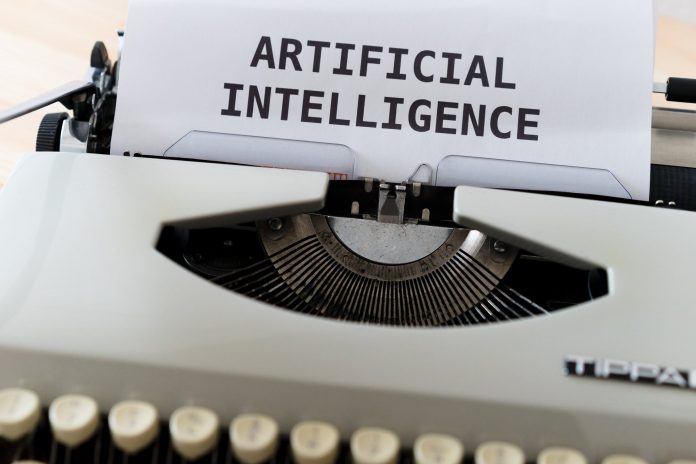How were robots born? These machines, whose name was coined by science fiction author Karel Capek in the play Rossum’s Universal Robot, gradually developed from the 16th century to become the jewels of today’s technologies. From the first automata to humanoids, including industrial robots, discover in this summer series the main episodes that marked the history of robotics. Today, focus on artificial intelligence, born in 1950, which revolutionized the machine and which will perhaps make it equal to humans one day?
A machine capable of experiencing feelings…. This fantasy has been very present in science fiction novels (like those of the American-Russian author Isaac Asimov) or in the cinema since the birth of the industrial era in the 19th century. The concept of artificial intelligence made these artist extravagances real.
A PROJECT BORN IN THE 20TH CENTURY
The first traces of the concept of artificial intelligence can be found in an article by British mathematician and computer scientist Alan Turing, entitled “Computing Machinery and Intelligence”, dated 1950. Its author offers an experiment known as the “Turing test” . It consists of making a blindfolded human speak in turn with a computer, then with another human. If said blindfolded person is unable to tell which of their interlocutors is the computer, the machine has passed the test: it is intelligent.
The scientist developed this idea several times thereafter, such as during the conference “The intelligence of the machine, a heretical idea”, in 1950. In January 1952, he put the cover back during a debate on the theme “Computers can they think? “.
Artificial intelligence was born as a field of research at the Dartmouth conference in the summer of 1956. It develops mainly in the United States, under the leadership of John McCarthy at Stanford University, and under that of Marvin Minsky at MIT.
In 1963, the computer program “General Problem Solver” was created. It signals the appearance of “expert” systems.
Following it was developed in 1965 the Dendral. He is able to reproduce the analytical and reasoning skills of specialists in key fields such as mathematics or physics. Thus, the machine becomes “expert”, like men. Before becoming a champion.
THE MACHINE STRONGER THAN MAN
In May 1997, the machine surpassed Man in logic. Garry Kasparov, multiple world chess champions, will pay the price by losing his match against Deep Blue, a computer with artificial intelligence. Deep Blue can calculate between 100 million and 300 million hits per second compared to 3.5 to 2.5 strokes for Kasparov.
In 2005, a Stanford robot won the DARPA Grand Challenge, driving autonomously for more than 210 kilometers on a desert track, without having done prior reconnaissance. Two years later, a team from Carnegie-Mellon in turn won the DARPA Urban Challenge, this time traveling independently for 88.5 kilometers in an urban environment, while respecting traffic conditions and the traffic code. the road.
Still little known to the general public, artificial intelligence remains a topic widely discussed in cinema. In June 2014, the American blockbuster Transcendence with Johnny Depp and Morgan Freeman, tells the story of scientific work seeking to establish a human consciousness in a machine, which will end up enslaving humans … the obsession with progress?






Saved as a favorite, I really like your blog!